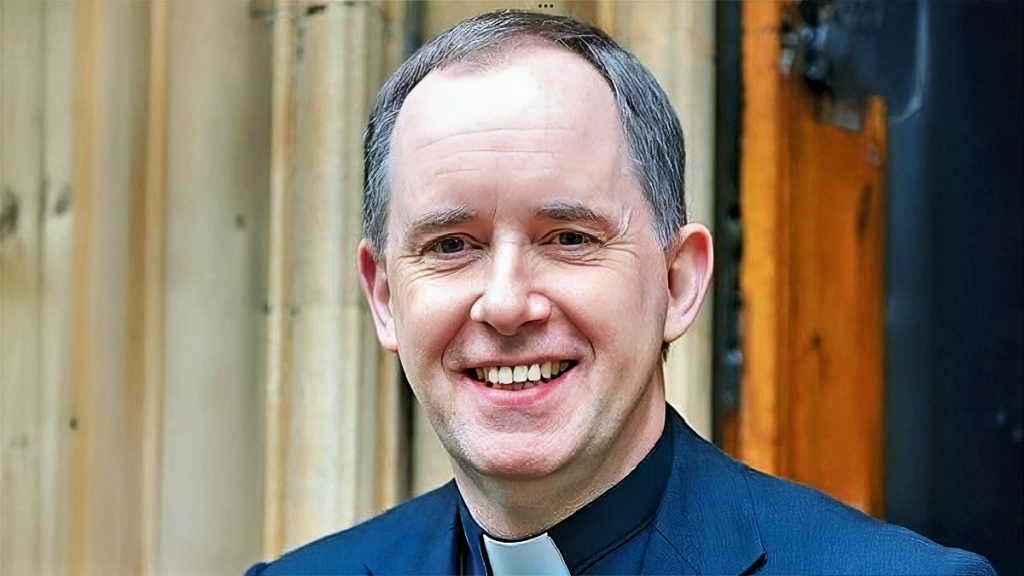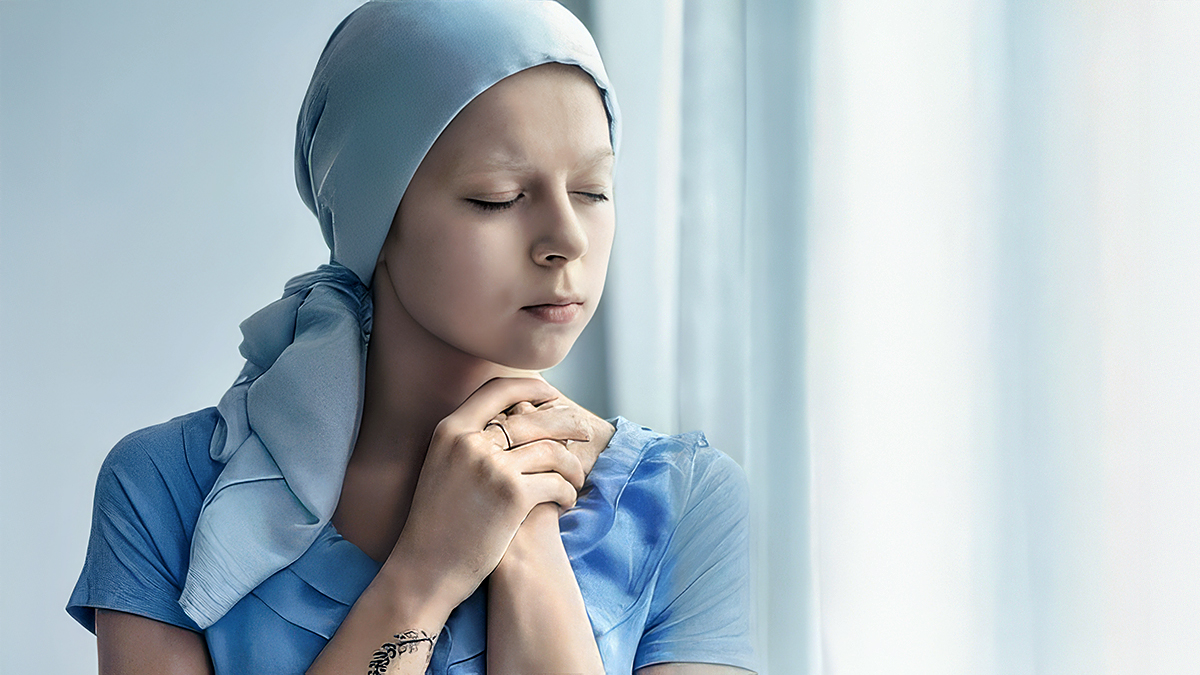For many decades it has been the custom to provide Holy Communion in a pyx so that parishioners in a hospital, in a care home, or at home may receive the sacrament of the Eucharist.
We know from the history of the sacrament that consecrated hosts were reserved in a tabernacle for that precise practice, being the origin of the reservation of the Sacrament.
Sacraments of healing
The Eucharist is and has always been our most precious source of grace and spiritual healing. It is the highest in reverence of the three sacraments of healing in the Roman Catholic Church, alongside Reconciliation and the Anointing of the Sick.
Readers of the history of the sacrament of the Sick will know that the Revised Rite offers a direct scriptural link with the Letter of James:
“Are any among you sick? They should call for the elders of the church and have them pray over them, anointing them with oil in the name of the Lord. The prayer of faith will save the sick, and the Lord will raise them up, and anyone who has committed sins will be forgiven. Therefore, confess your sins to one another and pray for one another, so that you may be healed. The prayer of the righteous is powerful and effective.” (NRSV James 5:14‑16)
It is commonly accepted that “elders,” or presbyters (in the Greek), implies that priests would be the ordinary minister of the sacrament and that the anointing was normally combined with the Sacrament of Reconciliation.
Amend Canon Law
to allow trained lay ministers to anoint the sick
and extend
the Church’s mission
to reach those in need.
Extreme unction in history
We know that Extreme Unction became the normal practice of the sacrament for several hundred years. The priest would be called when the poor invalid was “at death’s door.”
Their Confession was heard, and absolution—often combined with the Apostolic Pardon—was given, following which the final Eucharist (viaticum) was offered to the dying person.
This ceremony still exists, but the sacrament is also made available to those who are ill and request prayers and the Anointing of the Sick.
Broadening access
Many parishes have introduced the practice of offering this sacrament at the end of Mass or in a separate ceremony on a particular day each month. But is it also now time to consider making the sacrament available through extraordinary ministers of the sacrament of the sick?
Just as suitable persons, trained and appointed, may be extraordinary ministers of Holy Communion, an amendment to Canon Law might then make it possible to train and appoint lay ministers to bring the sacrament of the sick in situations where a priest might not be available.
The ministry of prayer, anointing, and giving Holy Communion by such a minister could be a powerful aid in the spiritual well‑being of the sick person. The Sacrament of Reconciliation could not be included in this option, as it still requires a priest.
A careful suggestion
I am not suggesting an indiscriminate liberation of the sacrament that might lead to dilution of the role of the priest, or of the status of the sacrament, or leave the sacrament open to possible abuse.
However, I am suggesting something that could have very positive pastoral effects.

- Fr Andrew Cameron Mowat SJ, a priest of the British Province of the Society of Jesus, a liturgist and parish priest of a large London parish.
- Flashes of Insight is an international publication. The editorial policy is that spelling reflects the country of origin.

